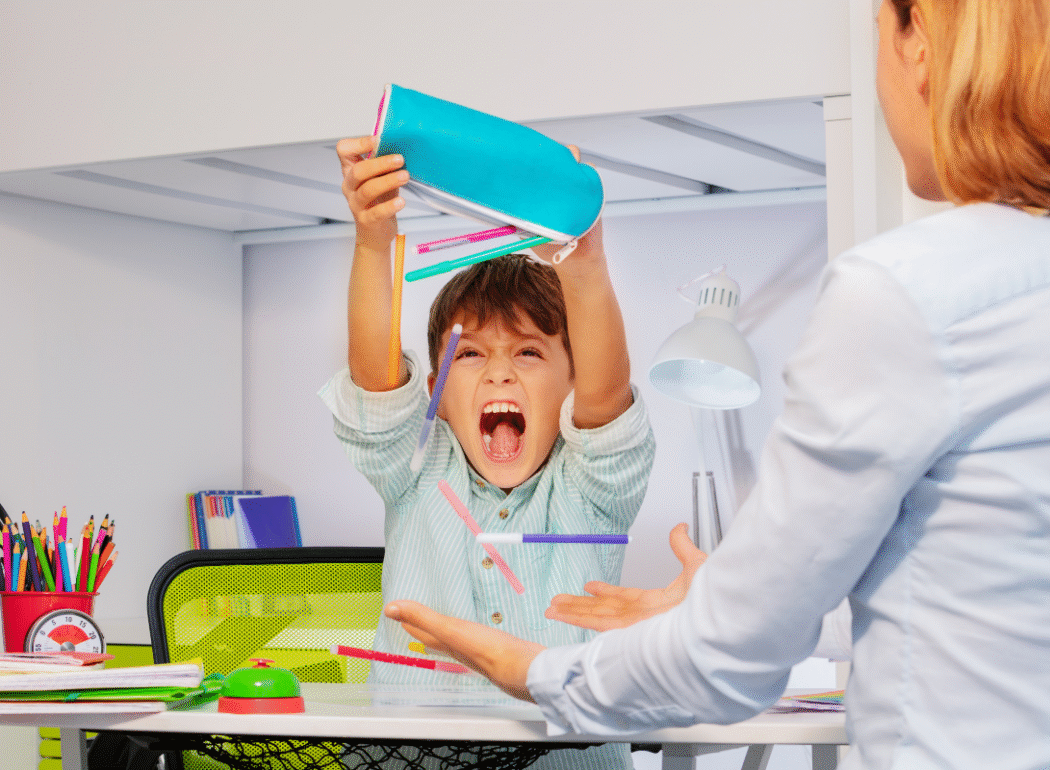Helping kids manage their emotions can feel like a full-time job, especially when every day brings something new. Parents often try everything they can think of, but without a clear plan, it’s easy to feel stuck. ABA therapy in St. Augustine, FL, gives families a framework that turns emotional chaos into chances for learning and connection.
Timestamps Support Services uses ABA principles to help children recognize feelings, stay calm, and respond in more positive ways. The goal isn’t quick fixes; it’s long-term growth built through consistency, patience, and simple strategies that fit real life. Parents start seeing that emotional regulation is a skill, not just a phase their child will outgrow.
Below is a breakdown of practical ABA-based strategies that help children build daily emotional control and confidence.
Key Takeaways
- Simple, science-based strategies can help children turn emotional outbursts into moments of growth and understanding.
- Everyday routines like morning prep or bedtime can become natural opportunities to build emotional control and cooperation.
- Consistent structure and positive feedback create steady progress, helping families replace chaos with calm connection.
Identifying Emotions Builds the Foundation for Behavior Change
Children learn best when they understand what they feel. In ABA therapy, teaching kids to recognize emotions like anger, sadness, or excitement helps them make sense of their reactions. This simple step gives them the tools to notice what they feel before their emotions lead to challenging behavior.
Labeling emotions turns feelings into something your child can talk about and manage. It also helps them connect their emotions to specific actions to make better choices. Over time, this awareness builds confidence and supports healthy emotional control.
How Does Reinforcement Shape Emotional Control?
In ABA therapy in St. Augustine, reinforcement helps children learn emotional control by connecting calm actions with positive outcomes. When a child gets praise or a reward for taking a deep breath or using words instead of yelling, they learn that staying calm brings good results. Each success builds stronger habits and helps them manage emotions with more confidence.
Reinforcement also shows children that their choices matter. A smile, kind words, or a small reward encourages them to repeat helpful behaviors and think before reacting. Over time, this steady guidance teaches lasting emotional control that supports better relationships and self-awareness.
Is your child in need of help with their emotional control? The ABA therapy offered by Timestamps Support Services is a great way to give your child the assistance they need. Our team is here to answer your questions.
Teaching Coping Skills Before Emotional Triggers Happen
Children handle emotions best when they already know what to do in challenging moments. In ABA therapy, therapists focus on building those coping tools long before frustration or anger appears. Simple habits like using a break card or taking slow breaths become second nature when practiced during calm times.
Preparing early helps children respond with control instead of impulse. Regular practice during everyday routines makes healthy reactions feel familiar and safe. This early teaching approach turns emotional challenges into chances for growth and confidence.
Building Emotional Strength with ABA Therapy in St. Augustine, FL
Helping your child manage emotions doesn’t have to feel overwhelming when you have the right tools and guidance. With support from Timestamps Support Services, parents can turn emotional struggles into moments of growth and confidence. Contact us now to learn more!
Frequently Asked Questions
How can ABA strategies help my child manage big emotions at home?
ABA strategies teach children to recognize what they’re feeling and respond positively instead of impulsively. Using simple tools like visual supports, calm-down routines, and praise for progress can make learning emotional control easier.
What makes ABA therapy effective for teaching emotional regulation?
ABA therapy focuses on breaking complex emotional skills into small, teachable steps. Through positive reinforcement and consistent structure, children learn how to express themselves clearly and handle challenges more calmly.
Can parents use ABA techniques outside of therapy sessions?
Absolutely, many ABA strategies are designed to fit naturally into daily life. When parents use the same techniques at home, it helps their child feel supported and reinforces the progress made during sessions.

